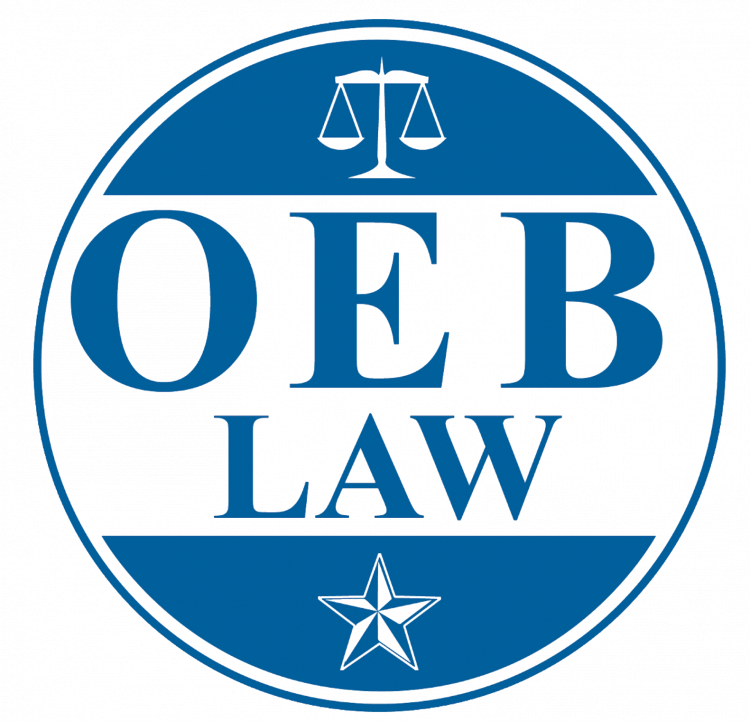There are several steps to take after a car accident. The first step is to check yourself and your passengers for any noticeable injuries. Accident victims can suffer shock and confusion after a car crash. So it’s important to check to make sure everyone is safe. If you, the other driver, or any passengers need emergency assistance, dial 9-1-1 to request an ambulance and the police.
If an ambulance comes to the scene of the accident, do not deny an emergency medical technician’s offer to check you out. Although you may not feel any pain right after the accident, you may have suffered an injury. If an ambulance does not come to the accident scene, go to the nearest emergency room after the accident to seek medical attention.
Why Should I Seek Medical Attention If I Do Not Feel Injured?
Your health should take priority after a car accident. In seeking medical attention, a doctor can examine you for any injuries. The doctor can also advise you about common symptoms to watch for after an accident.
Car accident injuries are tricky because you may only feel a minor symptom, such as a headache, the same day or a day after the crash. Yet, a headache could be a symptom of something more serious, like some form of head trauma.
You should also seek medical attention because you may later decide to file an insurance claim to pursue compensation for medical expenses from the car wreck. If you have questions about filing an insurance claim after a car accident, call the Law Offices of Ogle, Elrod & Baril, PLLC at 865-546-1111.
What Should I Do While Waiting for Police to Arrive?
You and the other driver should get off of the roadway to a safe place to avoid blocking traffic, if possible. While waiting for police at the scene of the accident you can:
- Exchange contact information with the other driver.
- Get the driver’s auto insurance information, including the insurance policy number.
- Take photos of the damaged vehicles.
- Take photos of the intersection, stop sign, traffic signals, buildings, and any other landmarks near the accident scene.
- Talk to individuals who witnessed the accident and are willing to give you a statement. Also, get their contact information.
Collecting this information will help should you decide to file an insurance claim and pursue compensation for your damages.
What Should I Tell the Police About the Accident?
Do not admit fault to the police—or to the other driver—even if you believe you caused the accident. Admitting fault to an accident that you may not have caused may hurt you later if you file an accident claim. State the facts to the police as you recall them.
Tennessee has a fault insurance system which means that the driver who causes an accident pays for the damages. You—and your auto insurance company—should not pay damages for an accident that you did not cause.
What Should I Do If Law Enforcement Does Not Respond to the Accident Scene?
Tennessee law does not require you report certain accidents. This also means that, sometimes, the police will not respond to an accident that does not involve physical injuries or significant property damage. So, you and the other driver should go to the nearest police department to report the accident, if possible. If the other driver refuses to go with you, go on your own to report the accident.
A police report is an official record of the accident. Insurance companies also use police reports when investigating accident claims. Therefore, you may also use the police report as evidence for your insurance claim.
When Should I Contact My Insurance Company?
It is ideal to contact your insurer at the accident scene. But, when the police arrive or you go to the hospital from the accident scene, you may not be able to call your insurer.
So, it is preferable for you to contact your insurer at some point on the day of the accident but no longer than a week after the crash.
What If the Other Driver’s Insurer Wants to Speak to Me About the Accident?
You should be very cautious when speaking to another driver’s insurance company. An insurance claims adjuster may try to trick you into saying something that can jeopardize your claim.
For instance, if the other driver caused the car accident, the claims adjuster may take what you said and pin partial blame for the crash on you.
If you have filed a claim and are not sure whether you should give a statement to the at-fault driver’s insurance company, call us at 865-546-1111. We can speak to an insurer on your behalf and protect your legal right to recover compensation.
Let The Law Offices of Ogle, Elrod & Baril, PLLC Help You
We handle all aspects of insurance claims, including negotiating settlements. Call us today at 865-546-1111 for a free, no-obligation consultation.

